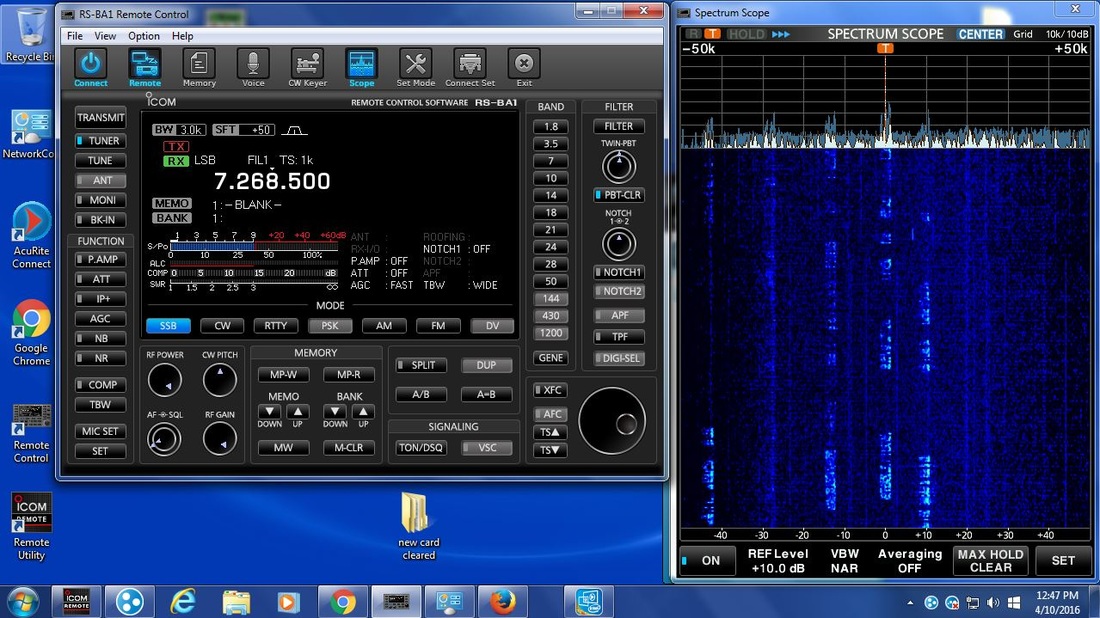
In comparison to LPDDR2, LPDDR3 offers a higher data rate, greater bandwidth and power efficiency, and higher memory density. In May 2012, JEDEC published the JESD209-3 Low Power Memory Device Standard.
RS BA1 FREE DOWNLOAD SERIES
Rather, a series of control registers in a special address region support Read and Write commands, which can be used to erase and program the memory array. Non-volatile memory does not support the Write command to row data buffers. Rows smaller than 4096 bytes ignore some of the high-order address bits in the Read command. Rows larger than 32 bytes ignore some of the low-order address bits in the Activate command. A row data buffer may be from 32 to 4096 bytes long, depending on the type of memory. Unlike DRAM, the bank address bits are not part of the memory address any address can be transferred to any row data buffer. This transfers the selected row from the memory array to one of 4 or 8 (selected by the BA bits) row data buffers, where they can be read by a Read command. The low-order bits (A19 and down) are transferred by a following Activate command. Non-volatile memory devices do not use the refresh commands, and reassign the precharge command to transfer address bits A20 and up. They ignore the BA2 signal, and do not support per-bank refresh. S2 devices smaller than 4 Gbit, and S4 devices smaller than 1 Gbit have only four banks.
RS BA1 FREE DOWNLOAD SERIAL
Although smaller than a serial presence detect EEPROM, enough information is included to eliminate the need for one. The mode registers have been greatly expanded compared to conventional SDRAM, with an 8-bit address space, and the ability to read them back.
RS BA1 FREE DOWNLOAD FULL
(A full reset sequence is required when leaving.)

LPDDR2-S4: 4 n prefetch memory (like DDR2), or.LPDDR2-S2: 2 n prefetch memory (like DDR1),.It is not compatible with either DDR1 or DDR2 SDRAM, but can accommodate either: In 2009, the standards group JEDEC published JESD209-2, which defined a more dramatically revised low-power DDR interface. Samsung K4P4G154EC-FGC1 4 Gbit LPDDR2 chip Samsung and Micron are two of the main providers of this technology, which is used in tablet and phone devices such as the iPhone 3GS, original iPad, Samsung Galaxy Tab 7.0 and Motorola Droid X.

Additionally, chips are smaller, using less board space than their non-mobile equivalents. Additional savings come from temperature-compensated refresh (DRAM requires refresh less often at low temperatures), partial array self refresh, and a "deep power down" mode which sacrifices all memory contents. Most significantly, the supply voltage is reduced from 2.5 to 1.8 V. The original low-power DDR (sometimes retroactively called LPDDR1) is a slightly modified form of DDR SDRAM, with several changes to reduce overall power consumption. (DDR-4 and LPDDR-5 being the exceptions.) Memory modules implementing these higher frequencies are used in Apple MacBooks and gaming laptops.Īs with standard SDRAM, most generations double the internal fetch size and external transfer speed. They formalize overclocking the memory array up to 266.7 MHz for a 33% performance boost.

The "E" versions mark enhanced versions of the specifications. In contrast with standard SDRAM, used in stationary devices and laptops and usually connected over a 64-bit wide memory bus, LPDDR also permits 16- or 32-bit wide channels. Bus width Properties of the different LP-DDR generations


 0 kommentar(er)
0 kommentar(er)
